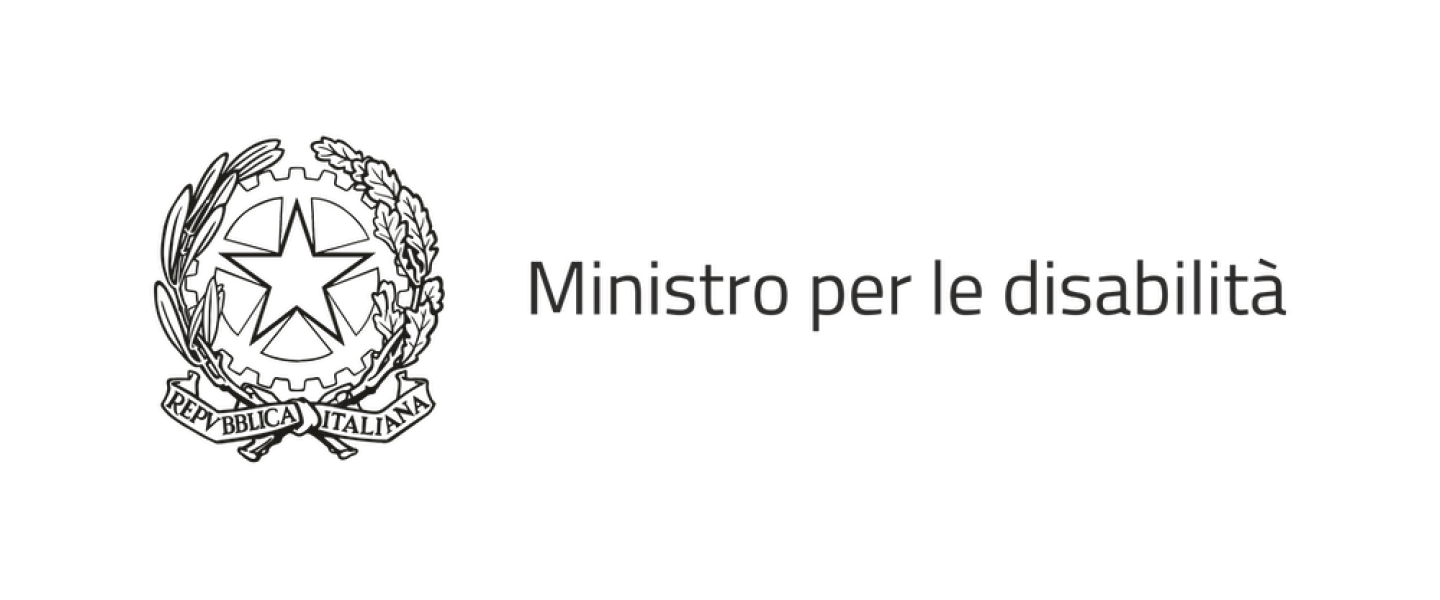Through dance, Special Olympics Italia athlete Elisa Parutto transforms her emotions into movement. All she needs is to close her eyes and immerse herself in the choreography, allowing herself to be carried away by the intensity of the music and the rhythm of the song.
This dancing skill is especially impressive many years after Elisa’s doctors said she wouldn’t be able to walk.
But grace and determination, both in sport and in life, have led Elisa, a 24-year-old athlete from Polisportiva Terraglio in Mestre, Italy, to celebrate the incredible milestone of participating in the Special Olympics World Winter Games Turin 2025. It has been a long journey for her, marked by numerous stages that have helped her develop her passions and talents.
Childhood and Early Challenges
Parents Roberta and Riccardo recall: “Elisa was born after 41 weeks of pregnancy. She was lively and hungry, with blonde hair, blue eyes, and rosy cheeks—a perfect little girl! After a normal start, the first signs of difficulties appeared when she was almost six months old, leading to a diagnosis at 15 months of ‘psychomotor delay’ of unknown origin, accompanied by motor and relational challenges.”
At 18 months old, Elisa couldn’t walk, didn’t speak, and slept a lot. Genetic tests revealed a duplication in the 12th chromosome—a mutation not well-documented in medical literature. The family sought out physical therapy, speech therapy, and psychomotor exercises. However, they say physical therapy was denied to her, as resources were prioritized for those with a better prognosis for walking. Doctors said walking wouldn’t be possible for Elisa, due to her muscle-ligament laxity. It seemed plausible—her fingers could bend backward unnaturally.
One physiotherapist, though, had a different view. This specialist, who had previously helped a polio-affected child walk, saw potential in Elisa. She revealed that the little girl wasn’t balancing properly because she was afraid to face the space in front of her without support. This fear caused her to fall deliberately. To overcome this, Elisa needed to practice sliding as she was held close to her mother for reassurance; gradually, this built confidence.
And so, Elisa began to grow braver. After just 28 days of these targeted exercises, using a marker for balance, she began to walk. She was two and a half years old.
Communication: Another Challenge Overcome
“At this point, we focused on her relational skills,” Elisa’s parents explained. “We couldn’t speak to her in a loud voice, as it bothered her. Bright lights upset her too. When she tried to speak, she would produce syllables that only her brother, 18 months older, could understand. She couldn’t stay clean, struggled to chew and drink from a glass, and would spend hours rocking while emitting a continuous sob.”
During her developmental journey, a second angel arrived: a physician from the State Police who was experimenting with a protocol for autism. It was suggested that Elisa needed detoxification therapy using homotoxicology, which involved eliminating gluten and casein from her diet. This approach helped her learn to chew, swallow, drink from a glass, and, most importantly, to speak.
At School to Defy Every Prediction
“She started school later than usual,” her parents shared. “We were told she would never learn to read, write, or think critically. But we worked on her gaps. After a year of unsuccessful reading exercises, she turned six and learned she was going to be a big sister. Who would read fairy tales to her little brother? Mom wouldn’t have time—she already had so much to do! That’s when Elisa picked up the book Hansel and Gretel and began reading it perfectly, proving that determination makes anything possible.”
“Even though she could read, school was a struggle because her handwriting was illegible due to hand laxity and her strabismus. When she was eight years old, we tried the Rapizza method: lots of grids, square writing spaces of 1 cm, coloring to strengthen her hands, along with an artistic skating course as part of a team. This helped her develop passive attention, which helped increasing the active focus needed for schoolwork.”
Sport’s Benefits
“Figure skating has been the best therapy for Elisa: it neutralized her strabismus, corrected the valgus in her legs, straightened her posture, strengthened the arches of her feet, improved her balance, and brought her a wonderful group of friends to train with. Our daughter discovered the power of competition, achieving things in preparation for races that she once thought impossible. She became the Italian champion of Paralympic figure skating, always accompanied by her beautiful obsession: music and the songs of Laura Pausini, who, as Elisa says, writes and sings as if she’s reading her soul.”
Back to School
“For Elisa, high school was a school of life. Here she had to face her fears, her self-awareness, and, most importantly, her relationships with peers. It felt like watching her on a tricycle while others zipped by on motorbikes. Elisa read many books aloud, devouring them, but it was unclear whether she understood what she was reading or used it as an escape into her own world, accompanied by the sing-song tone of her voice. Then a teacher—another angel—realized that she memorized everything, every single detail of what she read. She couldn’t recount what she read because she couldn’t organize the acquired information chronologically, but she would make a perfect librarian!”
“Starting in her second year of high school, the most critical phase of her adolescence, Elisa began being guided by her ‘parallel soul': first a skating teammate, then her coach, and now also her psychologist, friend, sister, mental coach, and tutor—Veronica, her greatest angel. Together, they tackled self-awareness and self-acceptance, frustrations, depressions, tears, joys, victories, and above all, goals to achieve—both in life, by learning personal independence, and in sports, by constantly setting and surpassing new objectives.”
The Future is a Stitch to be Created
“When she finishes school, Elisa begins working in the family workshop: a craft workshop specializing in traditional Friulian footwear, all based on creativity and manual skills—everything that doesn’t come naturally to Elisa. However, she is skilled with computers and is proficient at creating PowerPoint presentations. From this, she develops the idea of personalization, which for her is like an automatic embroidery machine: she sets the computer, places the shoe upper, and proceeds with creating a perfect embroidery. In addition, she also teaches her craft to other students during their school-to-work program. At home, during her relax time, Elisa closes her eyes, moves, and sings along to Laura Pausini, her guiding light in life.”
Dance and Special Olympics
“Dance came into Elisa’s life around the age of 17, when she discovered herself and her emotions, the moment she wanted to express them. She met another angel, her teacher Carlo, who immediately understood her soul and helped her express it to the fullest, giving her the chance to share her spirit every time we see her dance. Performances and competitions followed, and Elisa danced, learned, and improved.
“Special Olympics events also came into her life, opening a whole new world—a celebration, an infectious joy. For Elisa, being part of Special Olympics is a source of pride and responsibility. She always says that everyone should know this world to see how beautiful it is. She wants to show what she can do, how far she can go. New friendships emerge, she learns about altruism and complicity, and she starts the Athlete Leadership program where she can learn how to relate to others and become a worthy ambassador for this special movement. In practice, we were used to adjusting all our expectations by lowering our goals. Since Elisa has been actively involved in sports, especially with Special Olympics, we’ve realized that the achievements tend to overcome our expectations, our most optimistic dreams. It’s a journey that goes in the opposite direction from what we were accustomed to, and it’s beautiful.”
Elisa’s Words
“I want to be an example for everyone, just like Laura Pausini is for me,” says the italian dancer. “I want to transmit my strength to others. I’m studying to build a ‘career’ in Special Olympics and to bring our message to the world.”
The Countdown to Torino 2025 has Begun
Elisa’s parents say: “Now Elisa is at her best; she has reached a balanced and fulfilling place in her life, and she is happy. Her weeks are divided between home, where she practices daily personal independence exercises, work, with her embroidery and colleagues, sports, with figure skating and dance training, and free time, which includes reading, watching television, and listening to a lot of music by her favorite singer.”
“The invitation to the World Winter Games in Turin was handed to her by her teacher, while she was at work, making her incredibly happy. She doesn’t feel the pressure of this global event, even though there will be many things to learn. She knows the Bardonecchia stage, where she already won at the last national winter games. She knows that we, her mother and her tutor, will be in the stands cheering her on, and at home, her brothers Cristian and David will be rooting for her as well. But she will have to rely on her own strength throughout the Games. Dancing to the notes of Pausini will certainly give her even more strength.”












